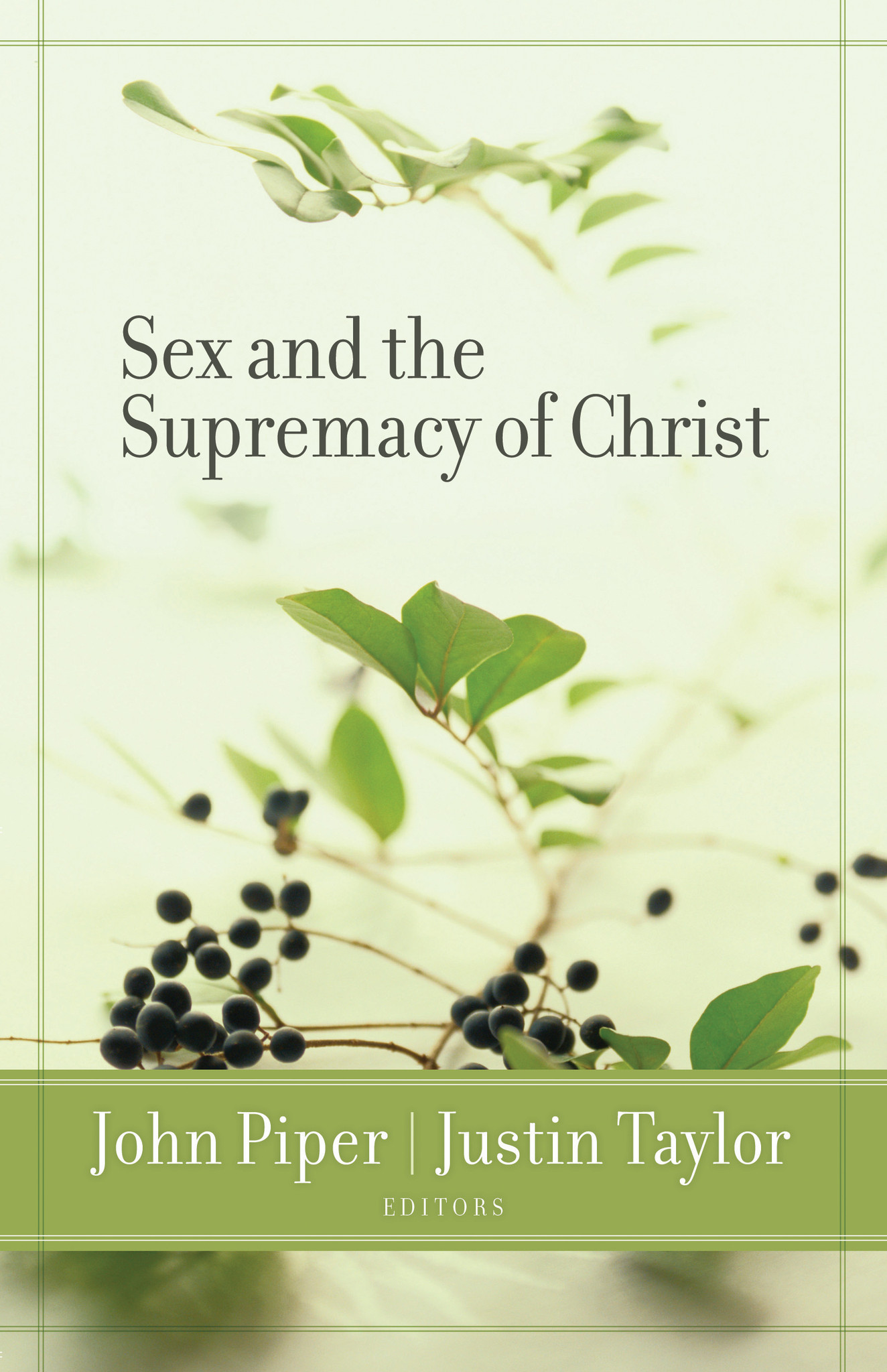Review: Sex and the Supremacy of Christ

This collection of essays was born from the Desiring God conference in 2004. It provides excellent examples of how to write theologically in a timeless manner, and even more examples of how to write in a way that will become dated very quickly.
Who wrote it
There are many notable names of the American evangelical world of the time, including John Piper, Mark Dever, Albert Mohler, C.J and Carolyn Mahaney among others.
Why I read it
As part of my broader reading on biblical sexuality. I thought this would be a great biblical exploration.
What I liked
Piper’s opening two chapters are brilliant. Timeless explorations of the connection between sexuality and Christ – as per the books title. It’s everything you expect from Piper at his best.
David Powlison’s chapter exploring in great detail a multi-faceted understanding of sin and sexuality was a pleasant surprise. It’s perhaps the best wholistic piece I’ve come across in its sheer breadth.
What I didn’t
Three key issues I had with this:
1. It’s very dated.
Outside of those three chapters mentioned above, the book is very dated. So much has changed in societal attitudes and laws around the subject of sexuality since this was written. At times, it’s attempting to debate matters that have long since been ‘resolved’ (eg. same-sex marriage). In such cases, it very much is a book of it’s time.
2. Some (in hindsight) questionable contributions
The book includes chapters from, or endorsements for, people who, in the 20 years since this was written, would no longer be included in such a volume. In particular, C.J. and Carolyn Mahaney courted much controversy just over a decade ago. Both have a chapter in here about sex in marriage. It felt very awkward reading them.
Joshua Harris doesn’t contribute, but he is regularly mentioned and upheld as an author to read on the subject. Some of his writings were massively popular in fuelling the purity movement in American evangelicalism 25+ years ago. If you’re out of the loop, it’s worth noting that not only has he said he was wrong in those books, but he also no longer calls himself a Christian (and split with his wife a few years ago).
Hindsight obviously makes it much easier to critique, but it again made this very hard to read at points.
3. It’s very American evangelical
Again, outside those three good chapters, the book has a very strong flavour of American evangelicalism. Some of the views around the role of wives in marriages and women in the church come from that very conservative wing of American Christianity. And knowing some of the fallouts that have occurred since (such as with the Mahaney’s & Sovereign Grace, or Joshua Harris and his wife), only reinforce that some of the teaching presented in this book falls far closer at points to being dangerous than it is biblical. It is the constant weaving between biblical truth and the expression of American evangelicalism that makes it particularly harmful – it can be difficult to work out where biblical authority ends and evangelical culture begins.
I can appreciate the intent of the authors who write on singleness, but I feel their attitude of ‘no physical affection until marriage’ oversimplifies and/or misunderstands what it means to be embodied creatures. And I could easily see some of their advice causing significant harm to some singles. Thankfully, their line of thinking didn’t gain significant traction outside of the US.
Major Takeaway
Piper always has a great way of making the majesty of Jesus seem all the greater and sweeter. And his approach to understanding human sexuality once again puts it in the frame of who God is in Christ:
And his goal in creating human beings with personhood and passion was to make sure that there would be sexual language and sexual images that would point to the promises and the pleasures of God’s relationship to his people and our relationship to him. In other words, the ultimate reason (not the only one) why we are sexual is to make God more deeply knowable.
Who should read it
It’s hard to recommend this. Piper’s chapters are worth a read, though I expect there are audio/video recordings on the Desiring God website which might be better. Beyond those, the chapter on sin has some value for those wanting a reasonably comprehensive treatment of that topic. Otherwise, I’d save your time and steer clear of the rest.
Sex and the Supremacy of Christ
This collection of essays was born from the Desiring God conference in 2004. It provides excellent examples of how to write theologically in a timeless manner, and even more examples of how to ...
